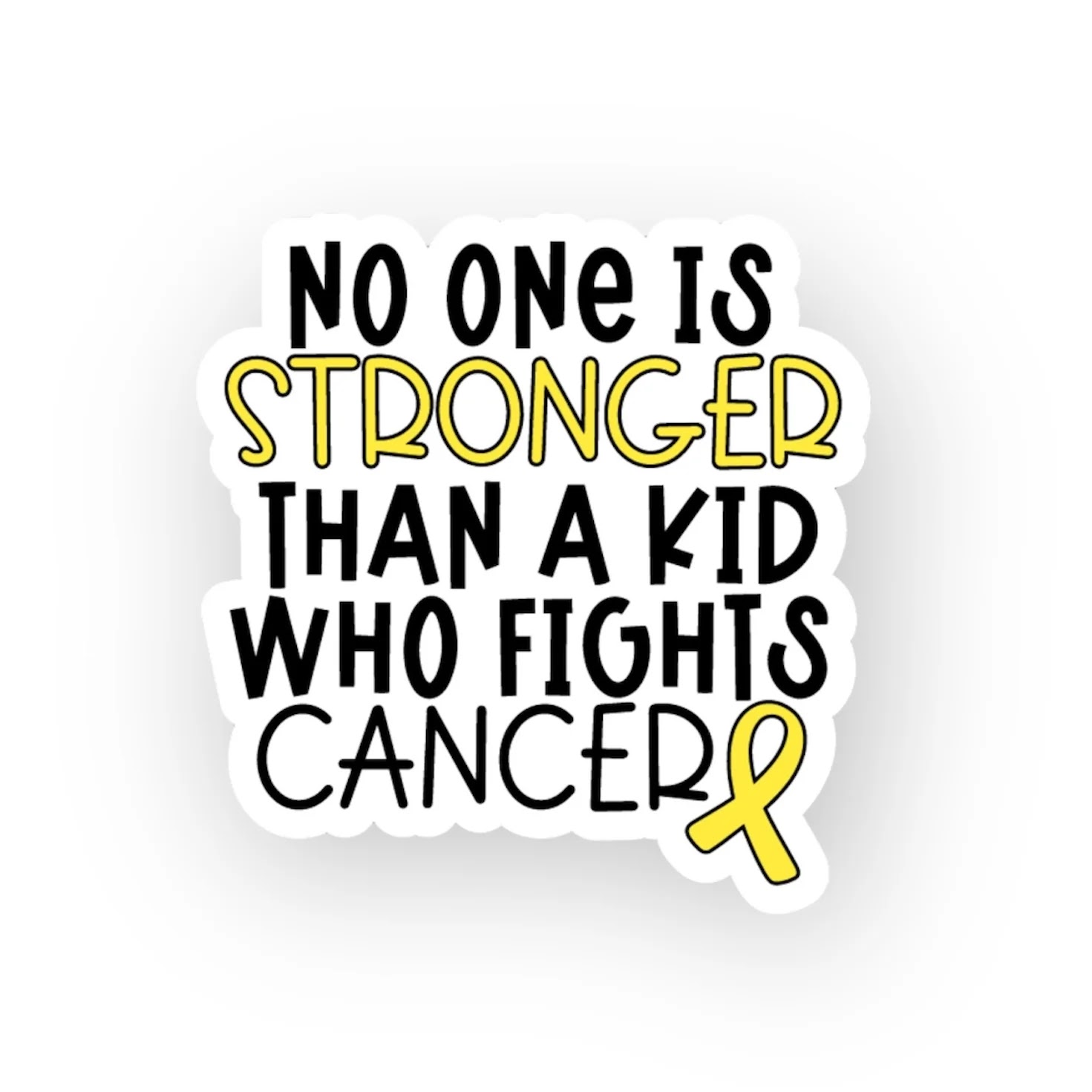Children Cancer Stories by Rukh Yusuf - Blog # 217
I am Rukh Yusuf, Clinical Pharmacist, also specialized in Total Parenteral Nutrition and Bone Marrow Transplant. I have been working in the Pediatric Oncology unit of a public hospital for several years. The mission of this blog is to bring to you the real-life stories of child patients suffering from cancer. Cancer is still a difficult disease to handle and treat. However, when it strikes the children, some so young that they cannot even speak, their agony is beyond expression and words. Let us pray especially for children suffering from cancer for early and complete remission. May Allah shower His Merciful Blessings upon them. Aameen.
Fourteen-year-old Ayan lives in a modest neighborhood of Lahore. His life, until a few months ago, was just like that of any other teenage boy in his area—school, cricket with friends, occasional arguments with his siblings, and evenings spent helping his mother with small chores. But one quiet evening, Ayan’s mother noticed something that worried her deeply: his stomach looked slightly swollen. At first, she thought it might be something simple—maybe gas or constipation. She gave him a home remedy and didn’t think much of it.
But over the next few weeks, Ayan started to lose his appetite. The swelling didn’t go away. He felt tired more often and stopped going out to play. His mother, recalling something she’d rather not forget. A few years ago, Ayan’s cousin had shown similar signs—abdominal bloating, lack of appetite, unexplained fatigue. But before the family could find a diagnosis, he passed away. They were left with questions that had no answers.
This time, Ayan’s parents were determined to do whatever it took to get to the root of the problem.
At first, they visited a local clinic. The doctor recommended a few basic tests and prescribed some medicine for stomach discomfort. But Ayan’s condition didn’t improve. The distension became more obvious. He began to experience pain, especially at night, and occasionally felt feverish. His schoolbag lay untouched in a corner for days. His once cheerful energy was slowly fading.
When the initial treatments failed, the doctor referred them to a children’s hospital in Lahore. There, after a thorough evaluation and imaging, the family received a diagnosis they had never heard before—hepatoblastoma, a rare liver tumor seen in children.
The word meant nothing to Ayan or his parents at first. But the doctor explained it in simple terms: it was a type of cancer that needed urgent treatment. His mother, silent but visibly shaken, sat holding her son’s hand. His father asked a quiet question, one that revealed years of unspoken fear: “Could this be what happened to our nephew?”
The possibility was real. Ayan’s cousin had never been properly diagnosed, and the family never got clear answers. Now, with Ayan’s diagnosis, many pieces seemed to fall into place. Adding to their concern was the fact that Ayan’s parents are cousins—something not uncommon in their extended family, but now, they were told, it could have increased the genetic risk for certain illnesses.
The treatment journey began—blood tests, imaging, biopsy, and long discussions with doctors. Ayan was quiet mostly, trying to make sense of the sudden change in his life. His parents struggled with appointments, hospital paperwork, and financial worries. Despite everything, they showed up every day, holding his hand, bringing him his favorite food (even when he could barely eat), and sitting through long hours in the hospital waiting areas.
Chemotherapy sessions were hard. Ayan lost weight and his hair. But the hospital team tried to make things a bit easier—some days, a social worker would bring art materials; other days, a volunteer would stop by to play games or talk with him. Ayan found small moments of peace in these distractions.
His friends from school didn’t always understand what was happening. Some visited once or twice, others stopped calling. Cancer is a word that makes people uncomfortable. His mother often said, “He’s still Ayan. He’s just going through something hard.” But explaining that to others wasn’t always easy.
Now, months into treatment, Ayan has better days and worse ones. His tumor has shrunk with chemotherapy, and doctors are planning surgery. It’s not over, and the road ahead is still long, but the family has learned to take one day at a time.
Ayan’s story is not rare—but it is rarely heard.
Mostly, symptoms like abdominal swelling are overlooked or misattributed to minor illnesses. Families may not reach specialized care in time, either due to lack of awareness, resources, or access. In Ayan’s case, prior family experience triggered an earlier response. But for many others, the delay can mean a lost chance.
This blog isn’t meant to scare—it’s meant to share. To remind us to listen when a child says they feel unwell. To seek proper medical advice when symptoms don’t go away.
Ayan is still fighting, but he is not alone. His parents are learning, growing, and teaching others around them. In a small way, their story might help another child get diagnosed earlier, treated sooner, and live a longer, healthier life.
If you take anything from Ayan’s journey, let it be this: trust your instincts, ask questions, and don’t wait when it comes to a child’s health.
Prayers for the Ayan and all the sick children and their families who have to face this pain of cancer. May Allah make it easy for them. Aameen









